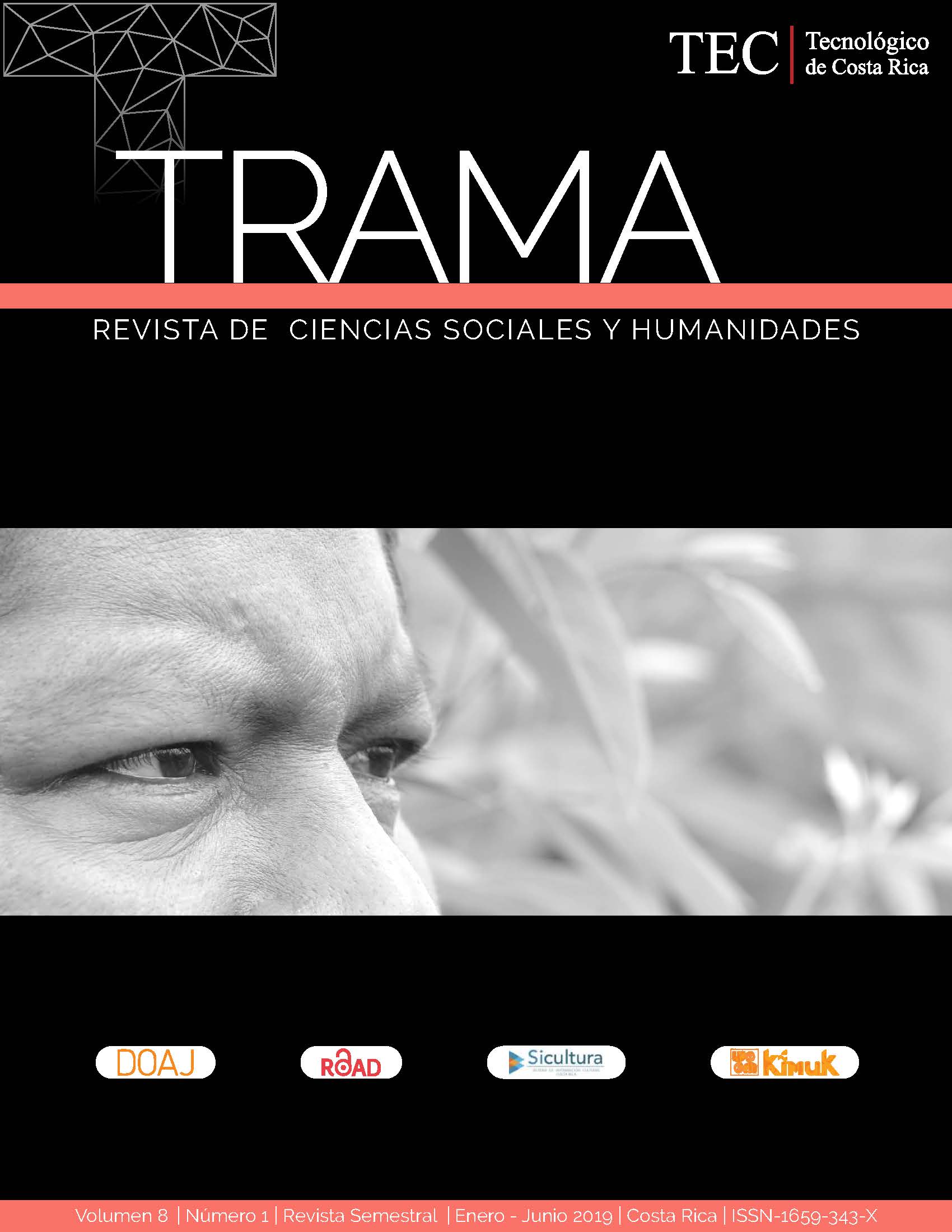Learning For The Person’s Emancipation: The Role Of Praxis In Latin American University Teaching Practice
Main Article Content
Abstract
What is the role of praxis in the Latin American university teaching practice? That is the question for which this essay intends to make arguments. From a Global South vision perspective, experiences, values, attitudes, beliefs, behaviors and knowledge that must be part of the enriched act of teaching, and of answering to the construction of violent practices obeying a capitalist, colonized and hetero-patriarchal system, are accrued in the university classroom.
This is relevant because most of these practices are interpreted as daily ones in our Latin American societies. Three essential aspects identify the praxis in the university teaching practice for the learning to result in a liberating component from the capitalist, colonized and hetero-patriarchal structure in a person. It must be sustained in acknowledging us as people, as builders of knowledge and history, and as autonomous beings with the capacity to consent, dissent and resist against the various types of violence in our localities.
Article Details

This work is licensed under a Creative Commons Attribution-NonCommercial-NoDerivs 3.0 Unported License.

